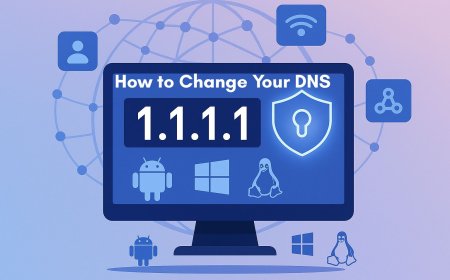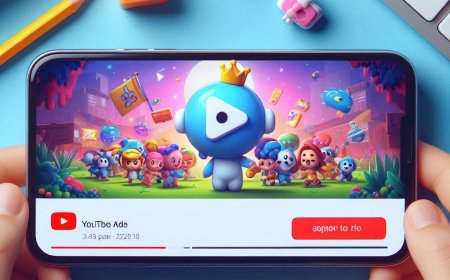The Ultimate Python Roadmap: From Beginner to Expert
Embark on your Python programming journey with our comprehensive roadmap that guides you from the basics to advanced concepts. Discover essential skills, libraries, frameworks, and best practices to become a proficient Python developer. This roadmap is perfect for beginners and seasoned programmers alike.

In today’s digital world, mastering Python has become essential for anyone looking to thrive in the fields of software development, data science, web development, and more. Whether you are just starting your programming journey or looking to deepen your knowledge, this comprehensive roadmap will guide you through the essential steps to become a proficient Python developer.
1. Getting Started with Python
Introduction to Python
- What is Python?
- Why use Python?
- Installing Python and IDEs (e.g., PyCharm, VSCode, Jupyter Notebook)
Basic Syntax and Data Types
- Variables and Constants
- Basic Data Types: Strings, Integers, Floats, Booleans
- Basic Operators: Arithmetic, Comparison, Logical
Control Flow
- Conditional Statements:
if,elif,else - Loops:
for,while - Loop Control Statements:
break,continue
2. Core Python Concepts
Data Structures
- Lists
- Tuples
- Sets
- Dictionaries
Functions
- Defining Functions
- Parameters and Return Values
- Scope and Lifetime of Variables
- Lambda Functions
File Handling
- Reading from Files
- Writing to Files
- Working with CSV and JSON files
3. Intermediate Python Skills
Modules and Packages
- Importing Modules
- Creating Custom Modules
- Understanding Package Management (pip)
Error and Exception Handling
- Try, Except, Finally blocks
- Raising Exceptions
Object-Oriented Programming (OOP)
- Classes and Objects
- Attributes and Methods
- Inheritance and Polymorphism
- Encapsulation and Abstraction
4. Advanced Python Concepts
Decorators and Generators
- Understanding Decorators
- Creating and Using Generators
Context Managers
- Using the
withstatement - Creating Custom Context Managers
Regular Expressions
- Understanding Regex Syntax
- Using the
reModule for Pattern Matching
5. Python Libraries and Frameworks
Web Development
- Flask or Django for web applications
- REST APIs with Flask/Django
Data Science and Machine Learning
- NumPy for numerical operations
- Pandas for data manipulation
- Matplotlib and Seaborn for data visualization
- Scikit-learn for machine learning algorithms
Scripting and Automation
- Using
osandsysmodules - Web scraping with BeautifulSoup or Scrapy
- Automating tasks with Selenium
6. Software Development Practices
Version Control
Testing
- Writing Unit Tests with
unittestorpytest - Test-Driven Development (TDD) principles
Documentation
- Writing Documentation with Docstrings
- Using tools like Sphinx for documentation generation
7. Deployment and Best Practices
Environment Management
- Using Virtual Environments with
venvorconda
Deployment
- Basic knowledge of Docker
- Deploying Python applications on cloud platforms (AWS, Heroku, etc.)
Best Practices
- Code style guidelines (PEP 8)
- Understanding design patterns (Singleton, Factory, etc.)
8. Specialization Areas
Data Science
- Machine Learning: Understanding algorithms and frameworks (TensorFlow, Keras)
- Data Analysis and Visualization
Web Development
- Full-Stack Development: Frontend (HTML, CSS, JavaScript) and Backend (Django, Flask)
Game Development
- Using Pygame or Unity with Python
DevOps
- Continuous Integration/Continuous Deployment (CI/CD) practices
- Infrastructure as Code (IaC) with tools like Terraform
9. Building Projects
Personal Projects
- Build simple applications (e.g., to-do list, personal website)
Contributing to Open Source
- Find open-source projects on GitHub
- Learn to contribute effectively
Portfolio Development
- Showcase your projects on GitHub
- Create a personal portfolio website
This roadmap serves as a structured guide for your Python learning journey. You can customize the path based on your interests, whether in web development, data science, automation, or another area. The key to mastering Python is consistent practice, building projects, and engaging with the community.
With dedication and effort, you can navigate through this roadmap and become a skilled Python developer, ready to tackle real-world challenges and contribute to exciting projects.
Happy coding!
What's Your Reaction?







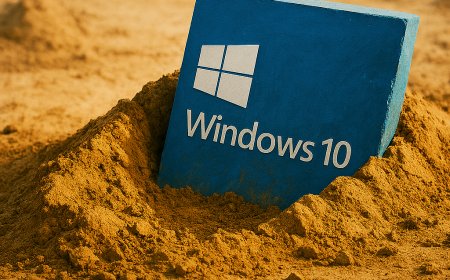
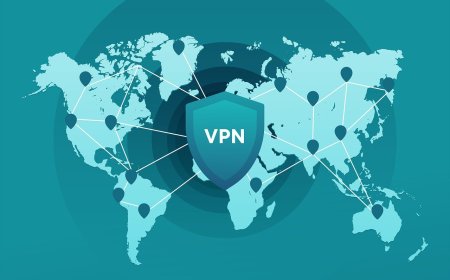
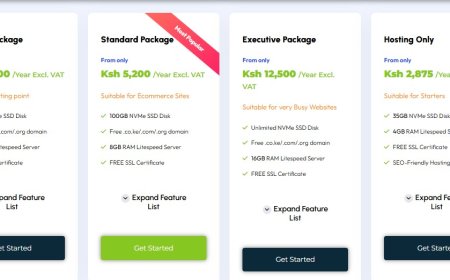
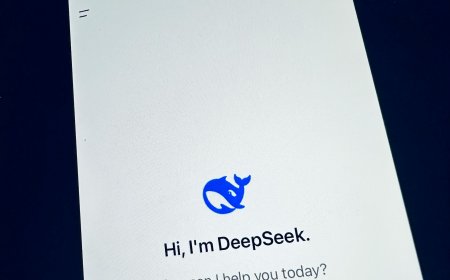
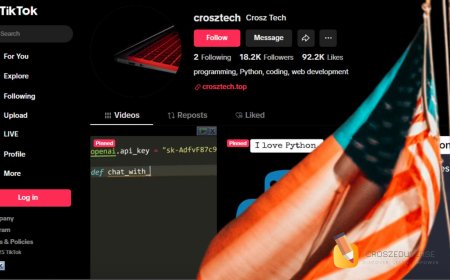

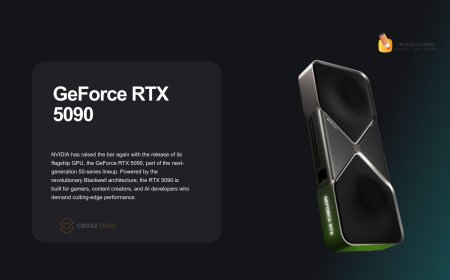




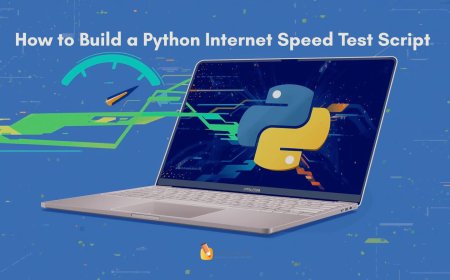
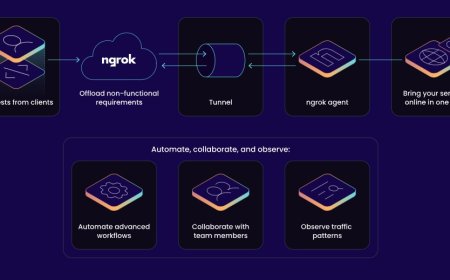

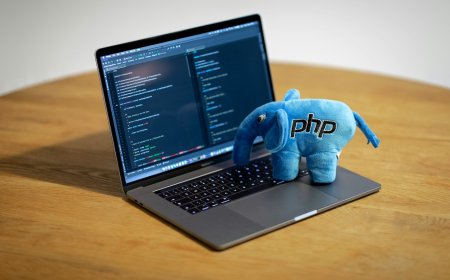
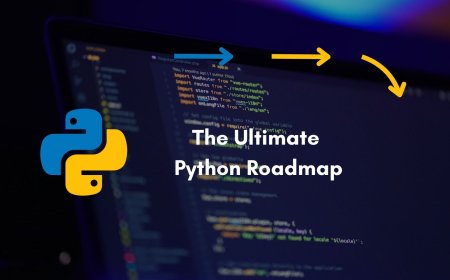
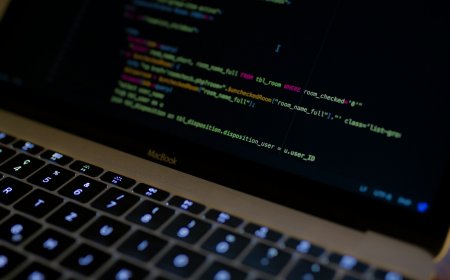
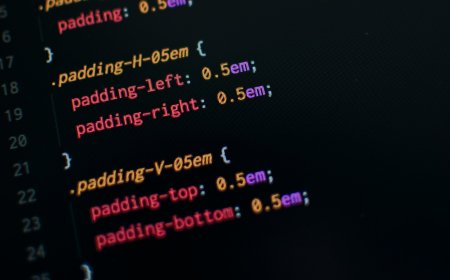
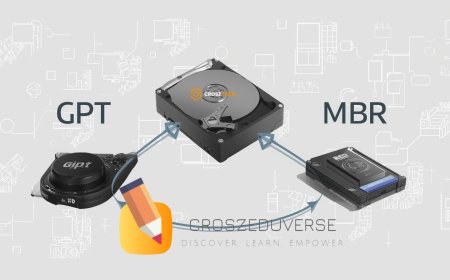
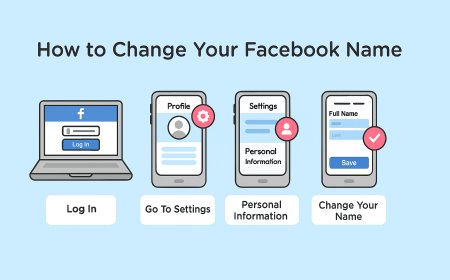
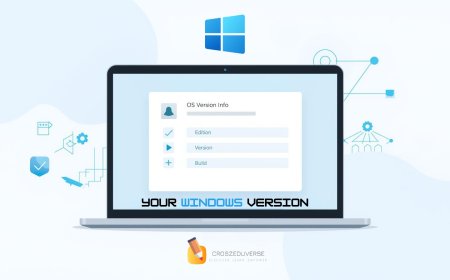
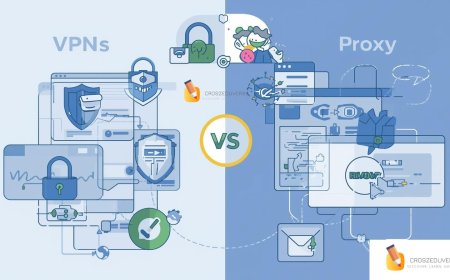
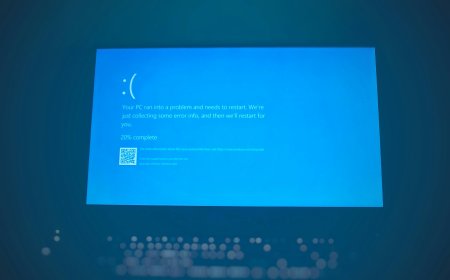
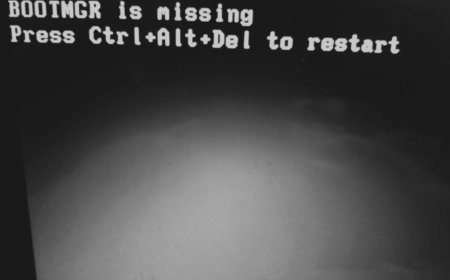
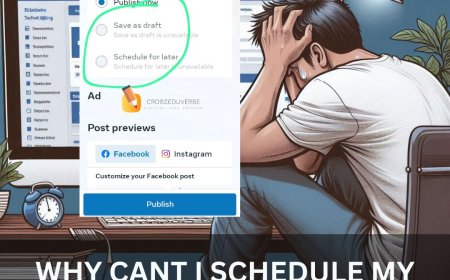

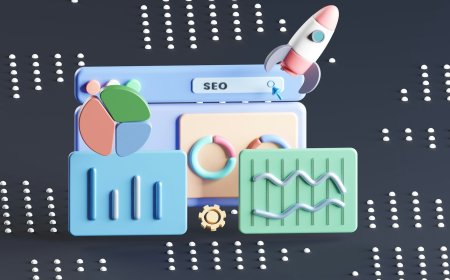
![2024 Social Media Image Sizes for All Networks [CHEATSHEET]](https://blogs.amospeter.co.ke/uploads/images/202406/image_430x256_666ad3fcd2380.jpg)
